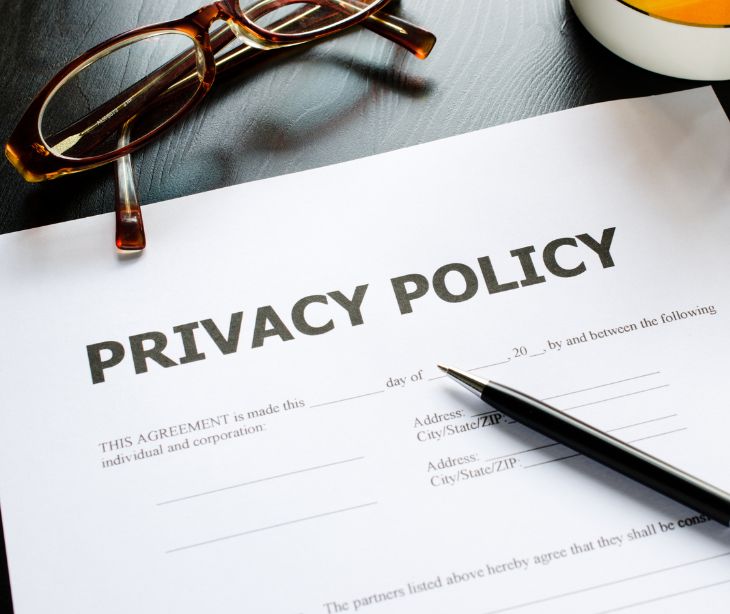
The Notice of Privacy Practices (NPP) exception for inmates allows correctional facilities to manage and share inmates' health information without providing them with the standard privacy notice.
Understanding the Notice of Privacy Practices exception
An NPP, required by HIPAA, is a document healthcare organizations provide to inform patients about their privacy rights and how their health information may be used or disclosed.
It outlines patients' rights regarding their health data, such as access to medical records and request corrections, and the healthcare provider's legal responsibility to protect this information.
According to 45 CFR § 164.520 (a) (3), “Exception for inmates. An inmate does not have a right to notice under this section, and the requirements of this section do not apply to a correctional institution that is a covered entity.”
Inmates are not entitled to receive an NPP. This exemption means that correctional institutions that qualify as covered entities under HIPAA do not have to provide inmates with this notice or obtain acknowledgment of its receipt.
This exception allows correctional facilities to manage inmates' health information efficiently and prioritize the institution's safety and security. They can share medical information about inmates without the constraints of the usual HIPAA notification requirements.
See also: What is a Notice of Privacy Practices?
The healthcare organizations impacted by the exception
- Correctional institutions: Prisons, jails, detention centers, or other facilities that incarcerate or detain individuals as part of the criminal justice system.
- Law enforcement agencies: Police departments or sheriff's offices that temporarily hold individuals in custody before transferring them to a correctional institution.
- Healthcare providers within correctional institutions: Medical staff and organizations providing healthcare services directly to inmates, whether employed by or contracted with the institution.
- Governmental entities operating correctional facilities: State, federal, or local government agencies overseeing correctional systems.
- Third-party service providers: Organizations that offer specialized healthcare or administrative services to correctional facilities and handle inmate health information.
See also: What is a business associate agreement?
How third party organizations can navigate the exception
- Clarify legal responsibilities: Confirm that the correctional facility is a covered entity and has designated the third-party healthcare provider as a business associate. This allows the provider to manage inmates’ health data under the correctional institution's scope.
- Establish clear contracts: Draft business associate agreements (BAAs) that specifically address the inmate exemption and clarify the roles and responsibilities of both the correctional facility and the third-party provider in handling inmate health information.
- Understand permitted uses and disclosures: Familiarize themselves with HIPAA guidelines specific to inmates, particularly the exemption that permits disclosure of health information without consent for purposes such as:
- Providing appropriate healthcare to the inmate.
- Maintaining safety and security within the facility.
- Safeguarding other inmates and staff.
- Law enforcement purposes, such as conducting investigations.
- Protecting public health and safety.
- Train staff: Train employees on HIPAA requirements and the inmate exemption. Staff should understand when it's appropriate to share health information and to whom it can be disclosed within the correctional system.
- Coordinate with correctional facility: Work closely with the correctional institution to stay updated on changes in policies or protocols related to the health management of inmates.
See also: HIPAA Compliant Email: The Definitive Guide
FAQs
Does the inmate exception apply to all incarcerated individuals?
Yes, the inmate exception applies to all individuals held in correctional institutions, including prisons, jails, and detention facilities.
Why does this exception exist?
It enables correctional facilities to handle inmate health information efficiently while prioritizing safety, security, and healthcare needs within the institution.
Does this mean inmates lose all privacy rights over their health information?
No, inmates still have certain privacy protections, but the NPP exemption allows correctional institutions to disclose inmate health information without the usual HIPAA consent requirements.
Subscribe to Paubox Weekly
Every Friday we bring you the most important news from Paubox. Our aim is to make you smarter, faster.




